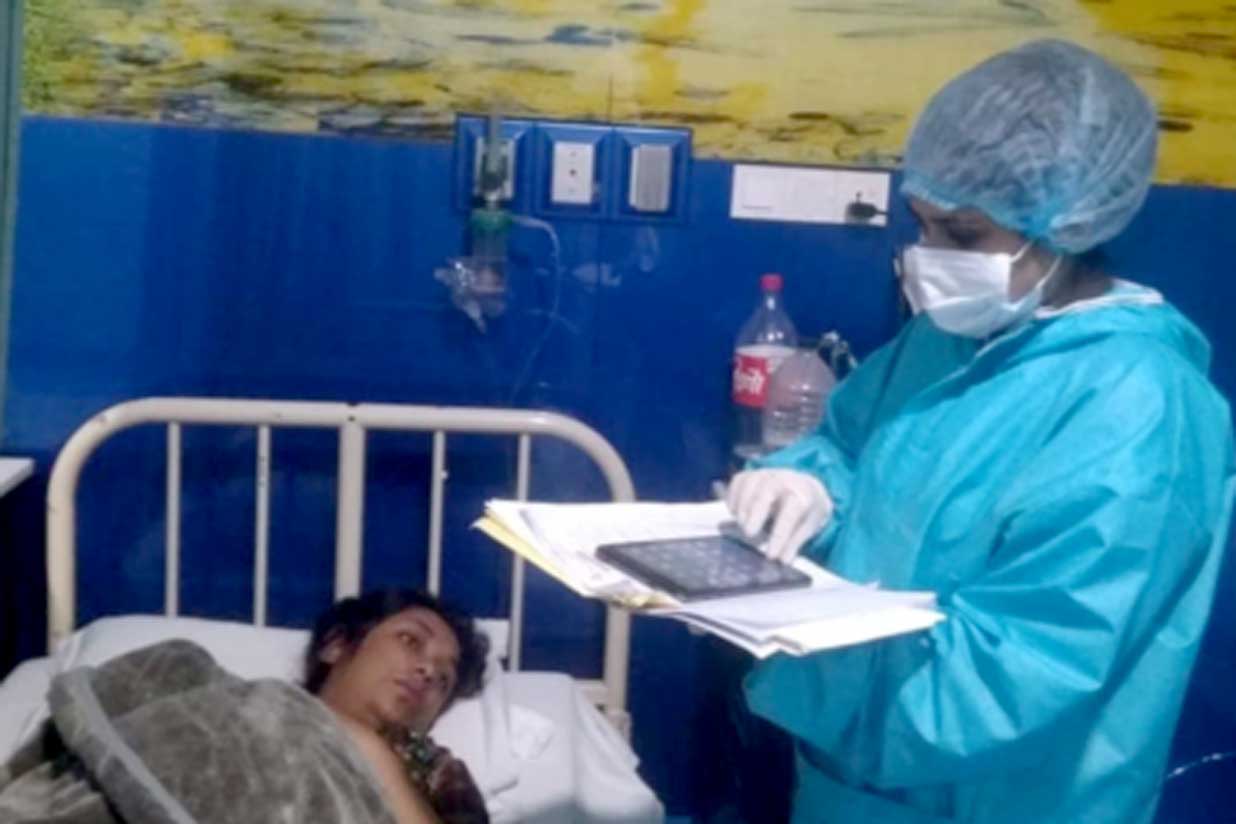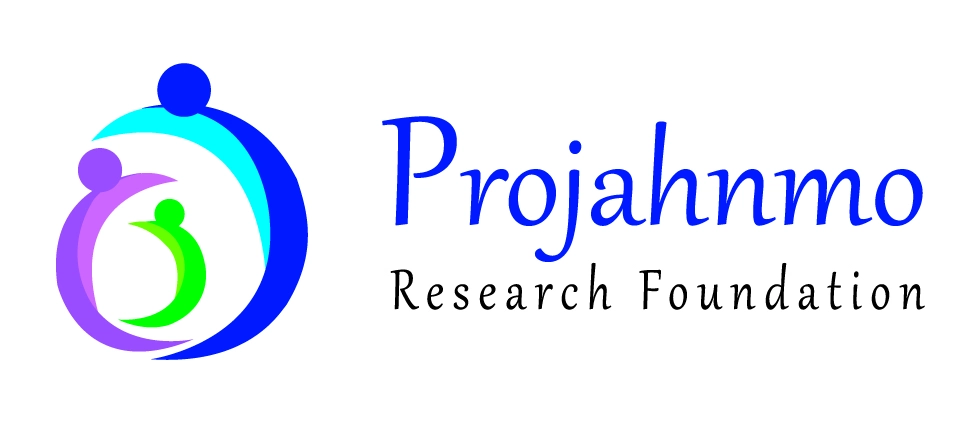
The WHO Antenatal Corticosteroids for Improving Outcomes in Preterm Newborns (ACTION) Trials--ACTION III: A multi-country, multi-centre, three-arm, parallel group, double-blind, placebo-controlled, randomized trial of two doses of antenatal corticosteroids for women with a high probability of birth in the late preterm period in hospitals in low-resource countries to improve newborn outcomes.
Study Period: May 2021- June 2024
Sample Size: 2100Doner Name: WHO (World Health Organization)
Project Description:
Background:Every year, an estimated 15 million babies are born preterm, and the majority of these births occur in the late preterm period (gestation 34 to <37 weeks). Preterm birth complications are the leading cause of death among children under 5 years of age, responsible for approximately one million deaths in 2015. Approximately 80% of all preterm births occur in South Asia and Sub-Saharan Africa. Preterm neonates are at an increased risk of a range of short- and long-term respiratory, infectious and neurological morbidities. Glucocorticoids play a very important role in normal foetal development, especially on pulmonary maturation, brain development and foetal growth. Antenatal Corticosteroids (ACS) have long been regarded as a cornerstone intervention in preventing neonatal deaths and severe morbidities due to preterm birth. However, current evidence suggests there is equipoise on the question of the benefits and harms of use of ACS in late preterm birth, particularly in low resource settings and recommends further studies on the role of ACS in late preterm period. The WHO guidelines on the use of ACS in preterm birth provides clear guidance on the use of ACS in early preterm birth. However, the guidelines currently do not provide a recommendation on the use of ACS in late preterm period because of a lack of conclusive evidence. The ACTION III trial will provide evidence to fill this gap and thereby, facilitate an update of the WHO guidelines on ACS use in the late preterm period
Objective:TThe primary objectives of this trial are:
-
⇒To compare the effect of an ACS regimen of dexamethasone phosphate (6mg q12h) for 4 doses or until birth, whichever is earlier (Dexa-4x6mg) to placebo on a composite outcome of stillbirth, neonatal death or use of respiratory support within 72 hours of life, when given to pregnant women with a high probability birth in the late preterm period (34+0 to 36+5 weeks gestation) in hospitals in low resource settings.
-
⇒To compare the effect of an ACS regimen of betamethasone phosphate (2mg q12h) for 4 doses or until birth, whichever is earlier (Beta-4x2mg) to placebo on a composite outcome of stillbirth, neonatal death or use of respiratory support within 72 hours of life, when given to pregnant women with a high probability birth in the late preterm period (34+0 to 36+5 weeks gestation) in hospitals in low resource settings.
-
⇒To compare the effect of an ACS regimen of dexamethasone phosphate 4x6mg q12h to a regimen of betamethasone phosphate 4x2mg IM q12h, on a composite outcome of stillbirth, neonatal death or use of respiratory support within 72 hours of life, when given to pregnant women with a high probability birth in the late preterm period (34+0 to 36+5 weeks gestation) in hospitals in low resource settings.
Method:ACTION III is a parallel group, three-arm, individually randomized, double-blind, placebo-controlled trial of two ACS regimens, dexamethasone phosphate 4x6mg q12h regimen and betamethasone phosphate 4x2mg q 12h regimen, given to women with a high probability of preterm birth in the late preterm period to improve neonatal outcomes. The trial will be multi-country and multi-center, and will be implemented in 24 hospitals in Bangladesh, India, Kenya, Nigeria and Pakistan, where the WHO ACS treatment criteria can reasonably be met. In Bangladesh, the trial will be implemented in four hospitals. Trial activities will be facility-based, with community follow up of recruited women and newborns to 28 completed days of life.
